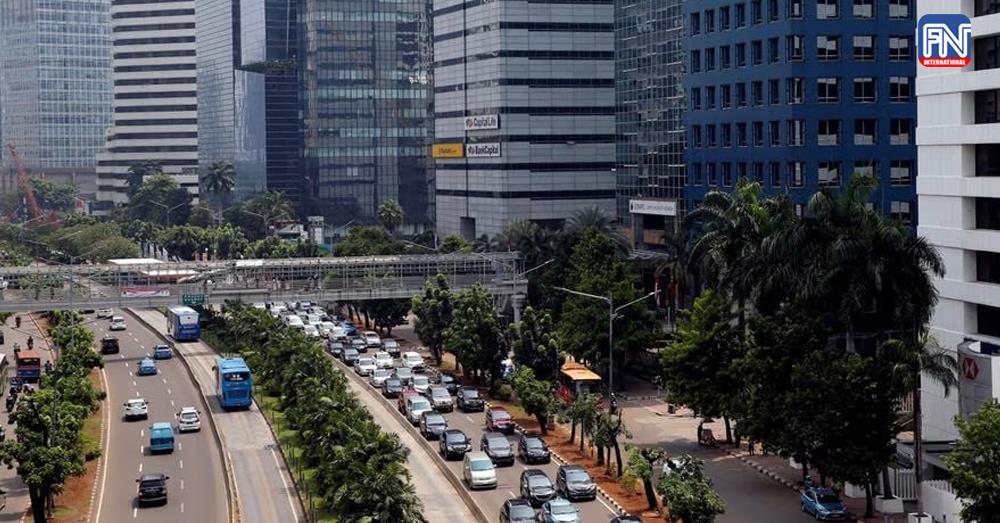JAKARTA, Sept 19 (Reuters) - Indonesia's parliament committee on Tuesday approved the government's higher 2024 budget expenditure of $216 billion to support economic growth, but some analysts say a bigger spending buffer might be needed to cope with adverse weather events.
President Joko Widodo's budget for 2024, his final year in office, targets expenditure at 3,325.1 trillion rupiah ($216.27 billion), up 6.45% from 2023's outlook to account for higher energy subsidies amid rising global oil prices.
The fiscal deficit for next year was seen at 2.29% of gross domestic product versus an outlook of 2.3% of GDP for this year, with 2024 economic growth seen a touch higher at 5.2%.
The fiscal budget proposal was approved by the budget committee chaired by Said Abdullah.
Finance Minister Sri Mulyani Indrawati highlighted the risk of rising global crude oil prices to the budget next year.
"Global uncertainties will still be with us, so the state budget will need to continue protect the people from any shocks," Sri Mulyani said.
The committee approved a revision to the total energy subsidies by about 2% higher to 189.1 trillion rupiah versus 185.9 trillion rupiah in the initial proposal.
Bank Permata chief economist Josua Pardede said that further spending boost might be needed as a buffer from the impact of El Nino weather conditions, which caused a longer dry season that affected harvests.
"...additional measures may be needed to anticipate the impact of El Nino on people's food prices," he said referring to the annual government cash assistances to buy food.
Josua said the peak of food inflation caused by El-Nino might occur in the first semester of 2024.
Indonesia's annual inflation rose slightly in August to 3.27%, but still remains in the central bank's target range this year of 2% to 4%.
For 2024, the budget assumes a lower inflation at 2.8% versus 3.1% in 2023'outlook and a slightly higher economic growth at 5.2% compared to 5.1% in the 2023's outlook.
The budget committee's decision is expected to be approved by a wider parliamentary vote at a later date.





